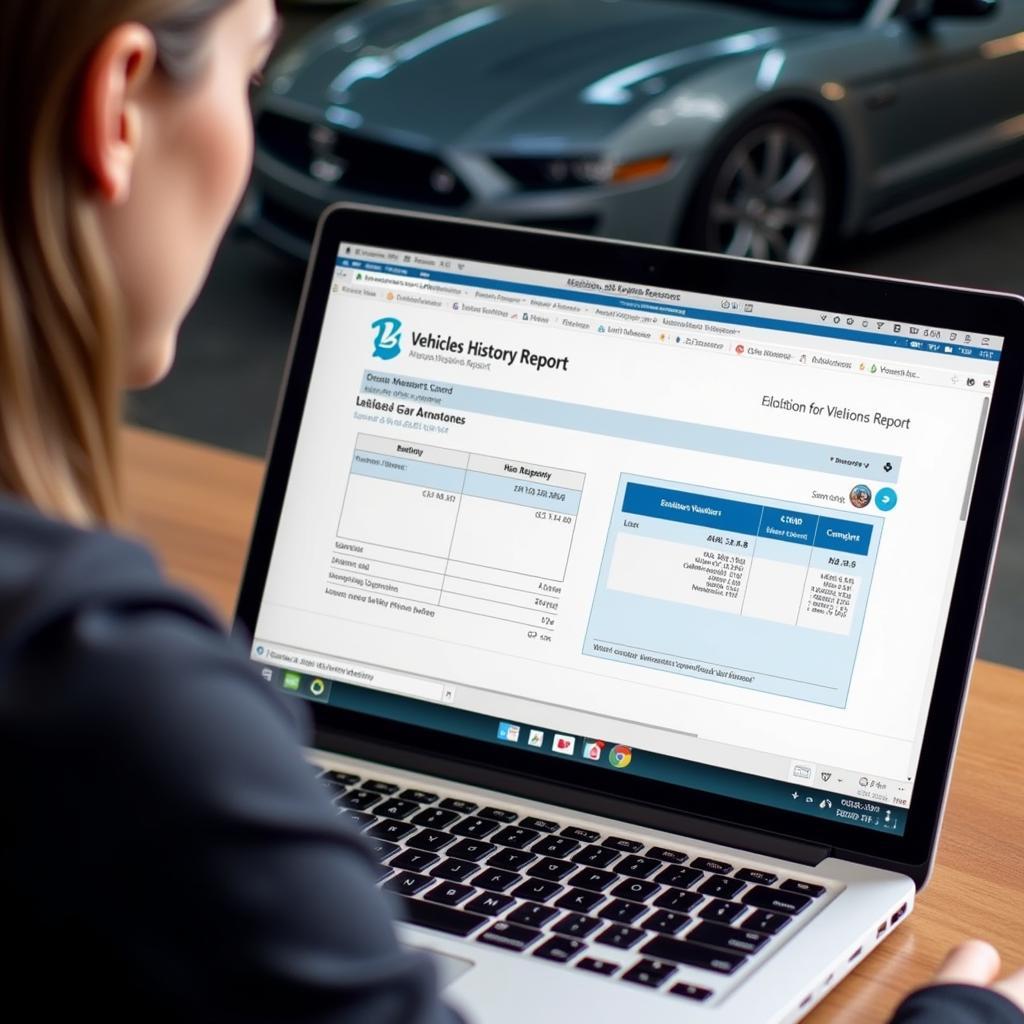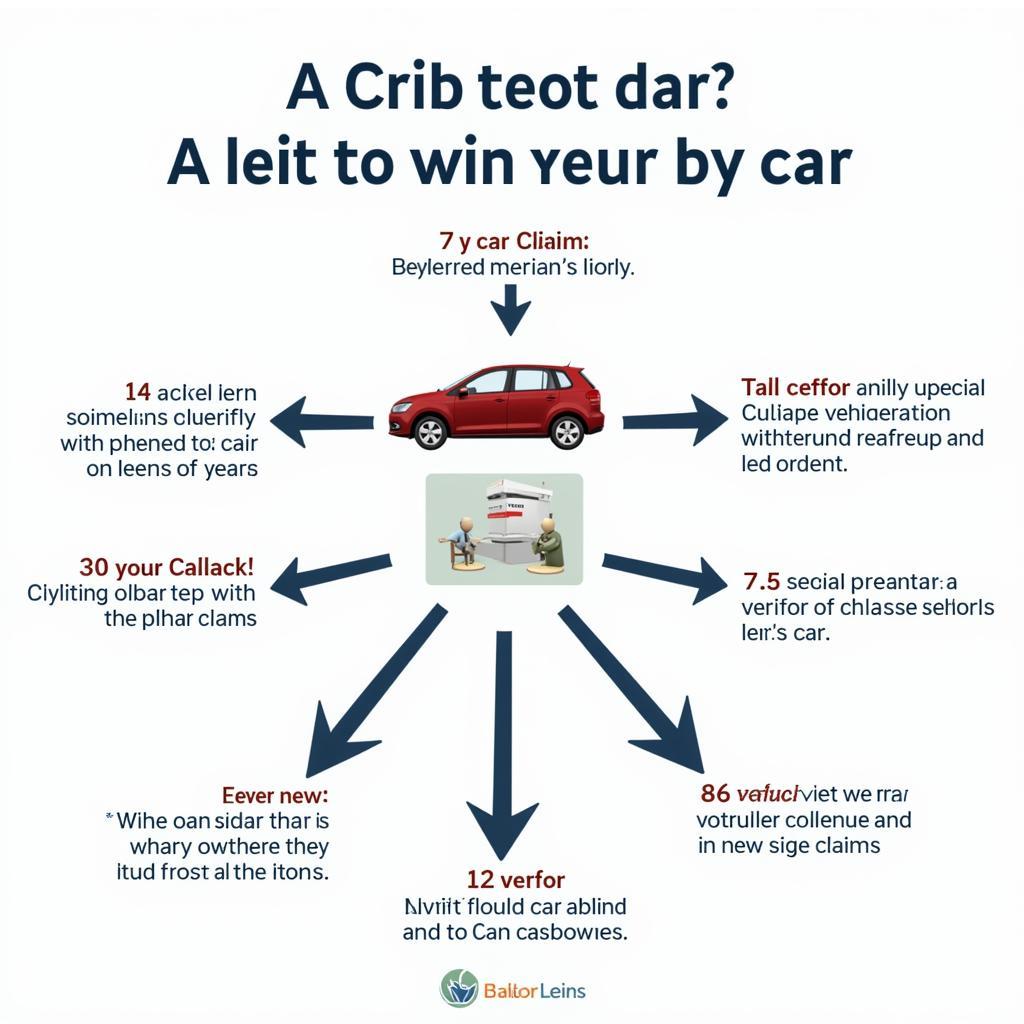A lien on a car signifies a legal claim against the vehicle, often due to outstanding debt. This guide explores various aspects of car liens, including their types, implications, and how to deal with them. We’ll delve into the intricacies of “lien on car” to provide a clear understanding of this crucial aspect of vehicle ownership.
Did you know that a lien can significantly impact your ability to sell or refinance your car? This is because the lien holder has a legal right to the vehicle until the debt is settled. Understanding the different types of liens and their implications is crucial for any car owner. For instance, have you ever wondered about the implications of a mechanic’s lien after getting your car repaired? We’ll cover that too. After you fix up your car, you may want to try offering lawn care services. Check out these lawn care bio examples.
Different Types of Liens on a Car
There are several types of liens that can be placed on a car. Each type has its own specific set of circumstances and implications:
- Mechanic’s Lien: This lien arises when a mechanic performs repairs on a vehicle and the owner fails to pay for the services rendered.
- Bank Lien: This is the most common type of lien, placed on a car when a loan is taken out to purchase it. The bank holds the lien until the loan is fully repaid.
- Tax Lien: This lien is placed by the government when unpaid taxes are owed, and the vehicle can be seized to satisfy the debt.
- Judgment Lien: This lien arises from a court judgment against the car owner, where the vehicle can be used to satisfy the judgment.
Having a lien on your car can complicate things if you’re planning to sell it. You’ll need to satisfy the lien before transferring ownership. If you’re dealing with multiple liens, the priority of these liens determines the order in which they are paid off. Typically, mechanic’s liens take precedence over others.
How to Check for a Lien on a Car
Before purchasing a used car, it’s crucial to check for any existing liens. This can prevent future complications and ensure a smooth transaction. There are several ways to check for liens:
- Vehicle History Report: A comprehensive vehicle history report from a reputable provider will reveal any existing liens on the vehicle.
- State DMV: Contacting your state’s Department of Motor Vehicles (DMV) can provide information about liens registered against the vehicle.
 Checking Car Lien Online
Checking Car Lien Online
Dealing with a Lien on Car
If you discover a lien on your car, there are steps you can take to address the situation:
- Pay Off the Debt: The most straightforward solution is to pay off the debt associated with the lien. This will remove the lien and clear the title.
- Negotiate with the Lien Holder: In some cases, it may be possible to negotiate a payment plan or a reduced settlement amount with the lien holder.
Knowing what a lien on a car entails is crucial for both buyers and sellers. It protects both parties involved and ensures a legally sound transaction. For information about cyber attacks on car dealerships, click here.
What Does “Lien on Car” Mean?
Simply put, a “lien on car” refers to a legal right granted to a creditor over a vehicle, allowing them to seize and sell the vehicle if the owner defaults on a debt. This is a critical concept to understand in the context of car ownership. Want to learn more about Andy Dalton’s career stats? Check out this resource.
 Lien on Car Explained
Lien on Car Explained
Conclusion
Understanding the nuances of a lien on a car is essential for anyone involved in buying, selling, or owning a vehicle. Being aware of the different types of liens, how to check for them, and how to deal with them can save you from potential legal and financial headaches. By grasping the concept of “lien on car,” you can navigate the complexities of vehicle ownership with confidence. For more information on property management and client care, you can explore this helpful resource: Propertysex Linda Lan I Take Care of My Clients.
FAQ
-
What is a lien on a car?
A lien on a car is a legal claim against the vehicle as security for a debt. -
How can I check for a lien on a car?
You can check for liens through a vehicle history report or by contacting your state’s DMV. -
What happens if I sell a car with a lien?
The lien will remain on the car, and the buyer could be held responsible for the debt. -
How do I remove a lien from my car?
You must pay off the debt associated with the lien. -
What are the different types of liens?
Common types include mechanic’s liens, bank liens, tax liens, and judgment liens. -
Can I buy a car with a lien on it?
It’s not recommended, as the lien will transfer to you unless it’s satisfied before the sale. -
What happens if I don’t pay off a car loan?
The bank, as the lien holder, can repossess the vehicle.
For immediate assistance, contact us via WhatsApp: +1(641)206-8880, Email: [email protected] Or visit us at: 276 Reock St, City of Orange, NJ 07050, United States. Our customer service team is available 24/7. For information about Ric Ocasek, you can find details here.


